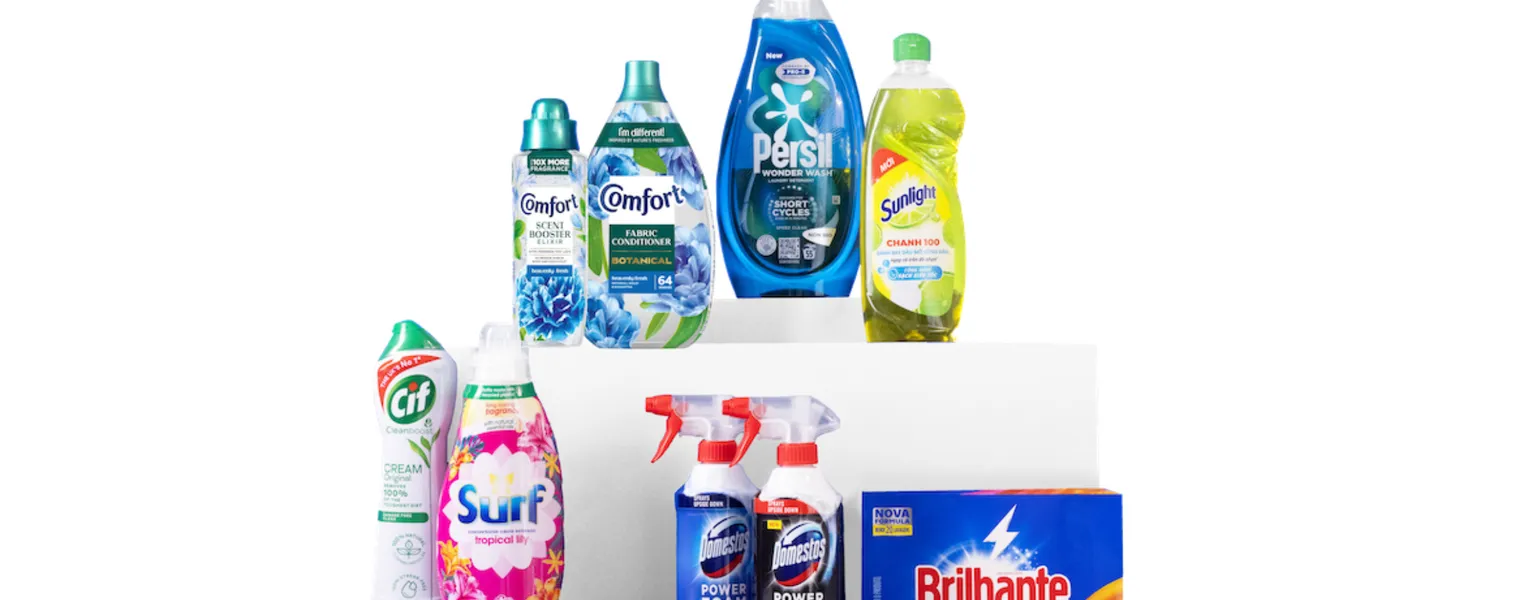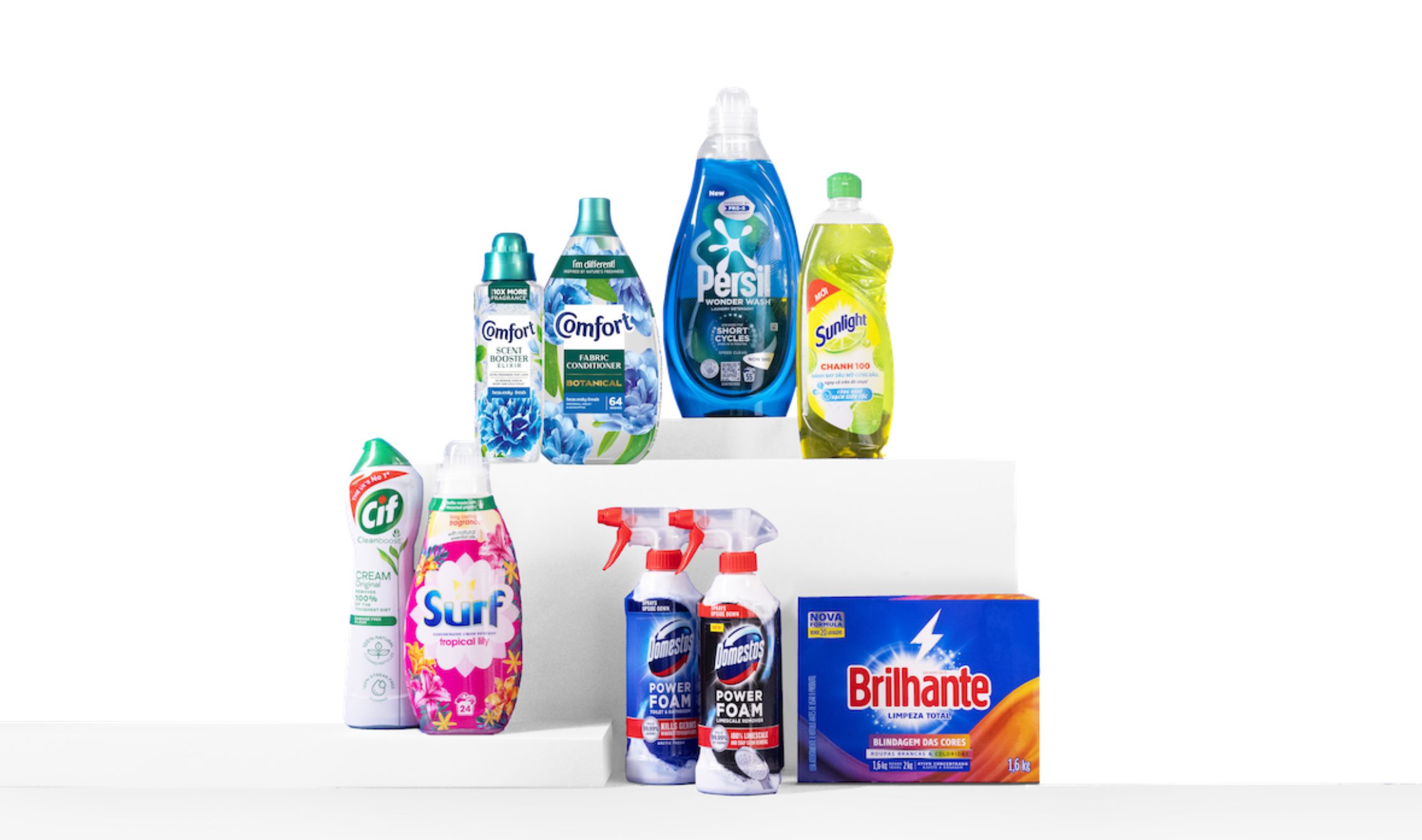Unilever trials refill solutions as part of 2035 plastic pledge

Sustainability
Unilever is trialling refill solutions worldwide to reduce virgin plastic use and address plastic sachet waste. Through various pilot projects, the company is exploring the challenges of scaling reusable packaging models across different markets.
In Indonesia, Unilever has been testing refill solutions since 2020, initially launching machines in stores and later trialling a door-to-door refill system. While the latter proved popular, high operational costs limited its scalability. The company has since partnered with local enterprises to expand manual refill stations, now operating across 1,000 locations and reducing plastic waste by an estimated six tonnes annually.
In Sri Lanka, refill machines were first introduced in 2019 in modern trade outlets, offering set volumes of personal and home care products. To improve accessibility, Unilever adapted the model by removing fixed volumes, allowing consumers to purchase the exact amount needed. Machines were also placed in more convenient locations such as railway stations and apartment buildings, making refills more affordable and accessible.

In Bangladesh, Unilever initially trialled self-service refill machines in large stores but found them difficult to maintain. In response, the company developed a simpler, lower-cost dispenser for local shop counters, offering multiple products in different quantities. The model has seen growing consumer engagement, with nearly half of users returning for refills.
As part of its broader sustainability strategy, Unilever aims to ensure all its plastic packaging is reusable, recyclable or compostable by 2030 for rigid plastics and by 2035 for flexible plastics. The company acknowledges that scaling reusable packaging solutions requires collaboration across the supply chain, alongside regulatory support. It continues to work with industry groups, policymakers, and initiatives like the Business Coalition for a Global Plastics Treaty to help drive systemic change and advance multi-brand reuse models.
Related News
-
Technology
Hellmann’s unveils new squeeze bottle technology for plant-based mayo
-
Technology
Beyond labels: Unilever trials on-pack AQR codes for AI-assisted cooking
-
Sustainability
Pot Noodle trials switching iconic plastic pot to paper
-
Technology
Persil's new QR codes make shopping more inclusive for blind and partially sighted people
-
Technology
Hellmann's tests new smart jar to tackle food waste




